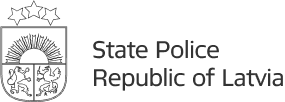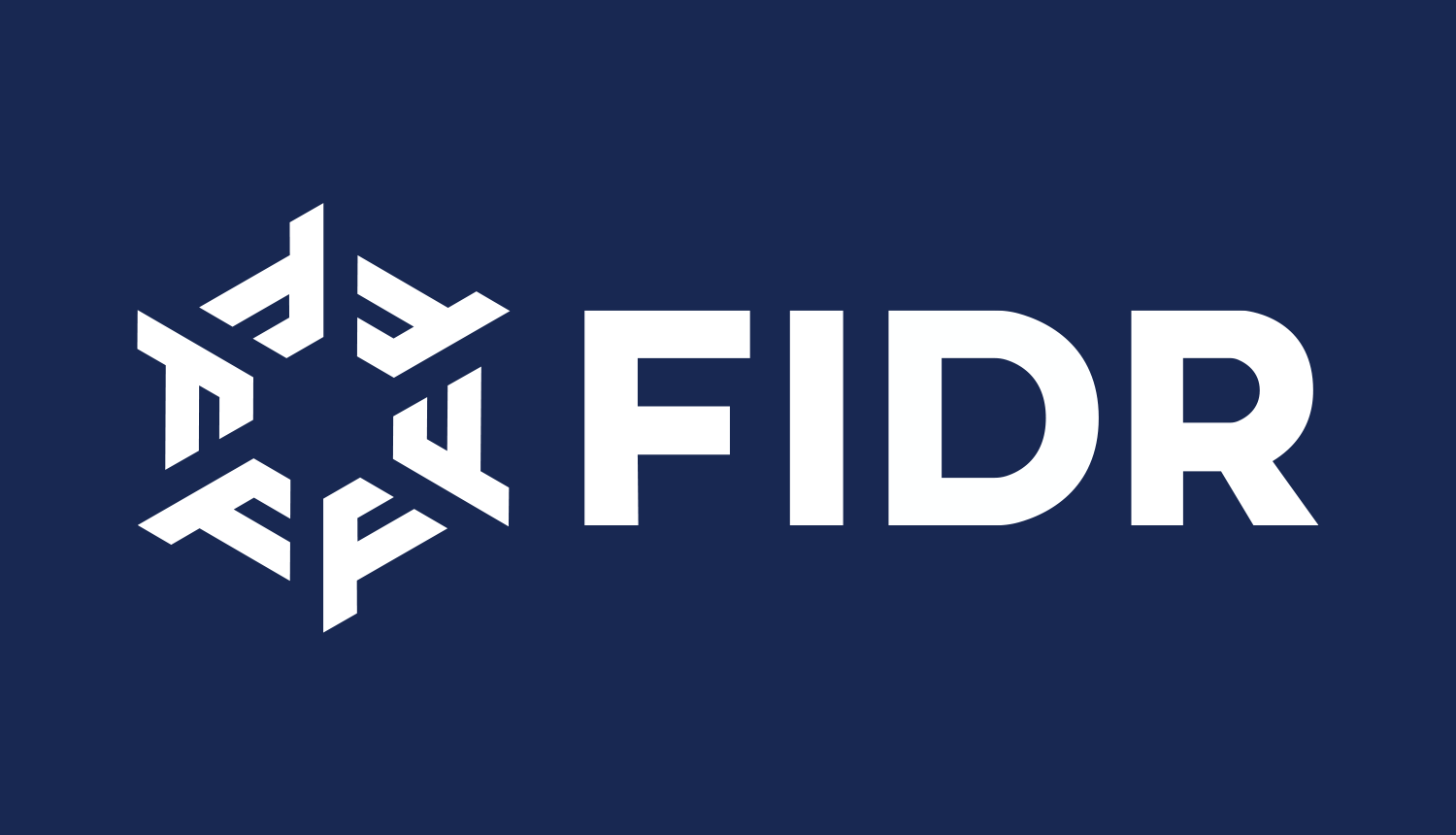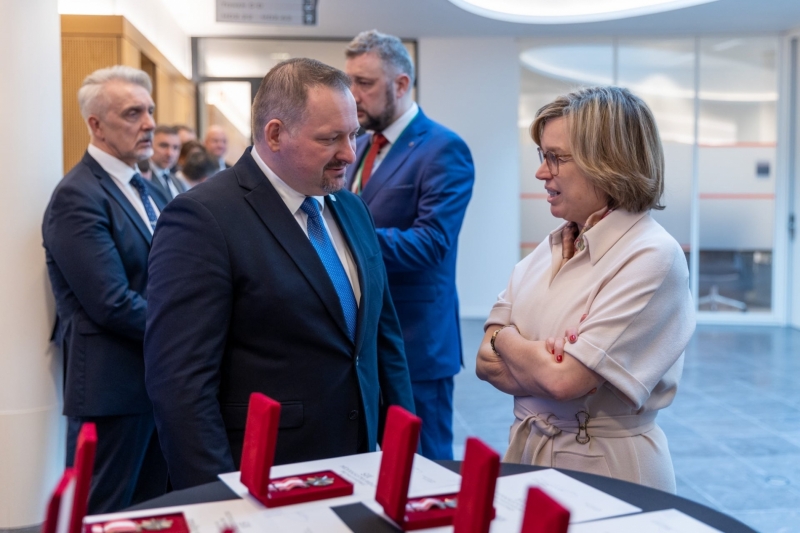Since 2021, when the State Police, together with partners Lithuania, Estonia and Europol, launched a FIDR project to strengthen national capacities to fight drug trafficking, money laundering and organised crime, more than 50 cross-border operations have been carried out over three years, thereby enabling criminal networks to be identified and illicit cash flows to be highlighted. A total of 72 persons have been detained during the project and the total amount of drugs seized exceeds 8.2 tonnes, the illegal market value of which is measured at hundreds of millions U. The results of the project were also presented at the closing conference in the Hague, Europol, at the end of February, which also discussed options for further development of the project and the effective tools put in place during it.
In 2021, the State Police launched the ambitious project “Development and application of innovative and proactive tools, fighting top level drugs trafficking organisations in the EU” or “Project FIDR”. Its main objective was to offer the Member States of the European Union an innovative and proactive method, the latest technical solutions, while saving human and financial resources to effectively combat organised criminal groups at national, regional and transnational levels, including the identification and elimination of transit routes, the removal of batches of narcotic drugs and psychotropic substances, the identification and dismantling of money laundering mechanisms, and ultimately the prosecution of those responsible under the law.
Countries such as Finland, Germany, Poland, Norway, Switzerland, Austria, Belgium, France, the Netherlands, Spain, Portugal are participating in the project, as are US law enforcement agencies. We recall that the FIDR project was started at the initiative of Latvia, which is also the leading state of the project, while accredited partners include the Lithuanian Criminal Police Bureau and the Estonian Police and border Guard Board, as well as the support of Europol is essential.
'Why is this project unique? Because it works! This is the easiest way to describe the project's success story. It is no secret that organised crime is aimed at making illegal profits and that crime develops and seeks new solutions to legalise these illegal assets. In turn, we are looking for solutions to keep up and fight them. At the same time, it should be noted that organised crime has no borders, no time limits and no bureaucracy, In order for institutions to receive funding for the fight against organised crime, sometimes it takes up to months – but we found the solution for this in the FIDR project,” regarding the significance and uniqueness of the project says the project manager Romāns Jašins.
Given the specifics, it is not possible to fully disclose publicly how the FIDR project works directly and what this innovative tool is, but we can confirm that it has proved and met expectations on several occasions. The results of the project are not only the figures but also the objectives achieved and are more than impressive. Overall during the project:
- supported more than 50 cross border operations;
- supported more than 20 joint investigations;
- nine organised criminal groups led by high-level crime leaders have been identified, targeted and/or disrupted;
- investigations related to high value targets, resulting in the arrests of 72 persons
- the total quantity of seized drugs exceeds 8,2 tonns (mainly marijuana and cocaine, but also MDMA, synteticopioids, ALFA PVP, methamphetamine) market valueworth several hundred million;
- movable and immovable property worth more than ten million euros were seized
- Europol coordination and analysis support;
- as well as the strengthened technical support available to project Member States as necessary.
It's important to highlight that this February at Europol, the final conference of the project FIDR was held in the Hague, where the Latvian project delegation presented the results together with the participating Member States, Europol, Eurojust and the US law enforcement agencies, as well as discussed a key issue regarding the future development of the project and the wider implementation of the effective tools developed. In addition, a bilateral meeting and award ceremony took place between the Latvian delegation and the Chief of State Police Armands Ruks and the Director of Europol Catherine de Bolle.
Project manager Romāns Jašins is convinced of the usefulness and contribution of the project to the fight against organised crime, as well as the necessity for its further development: “The developed and strengthened cooperation between countries can certainly also be highlighted as another result of the project, backed up by mutual trust. All those involved share the main objective of tackling organised crime. During the project, we realised that this tool could be used not only to combat drug crime but also other forms of organised crime, including human trafficking, cyber crime, arms trafficking and others. All crime is one big puzzle, everything is interconnected – we have to contend with it. That is why we are now aiming for further development of the project by extending its objectives."
It should be noted that in 2024 the European Commission recognised the FIDR project as one of the best practices in the field of police cooperation between Member States and the fight against drug trafficking, which should be implemented in each Member State.
“Development and application of innovative and proactive tools, fighting top level drugs trafficking organisations in the EU” or “Project FIDR” has been launched on the basis of the grant Agreement concluded in the framework of police co-operation between the State Police and the European Commission in the 2014-2020 Programme Internal Security Fund. The project is due to run for three years and will close in 2024. The estimated budget is nearly €650 thousand.




